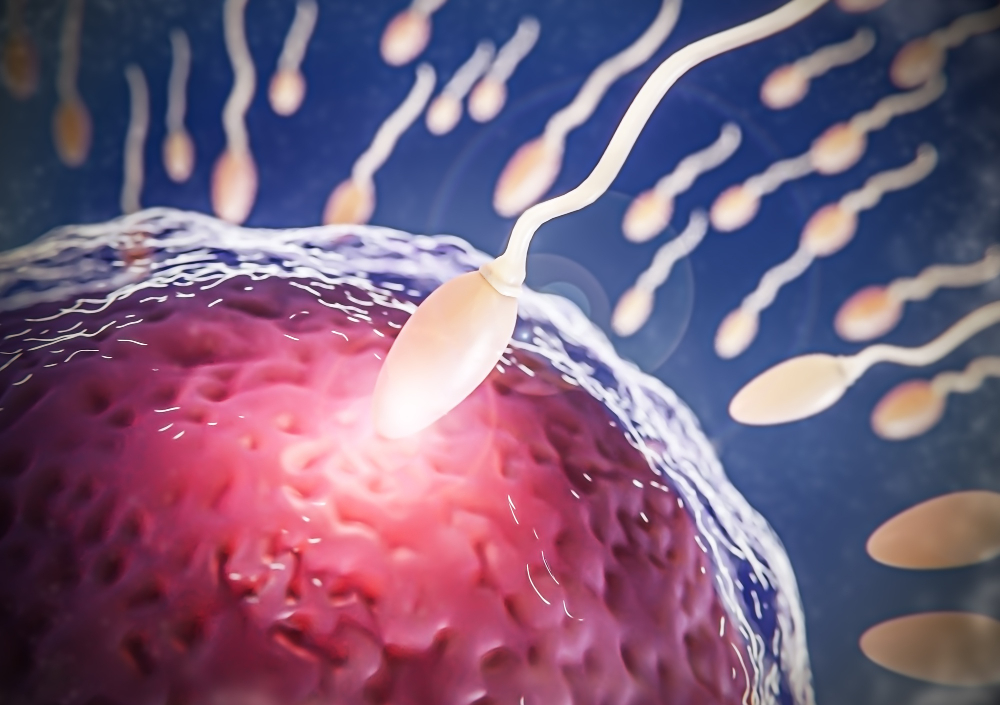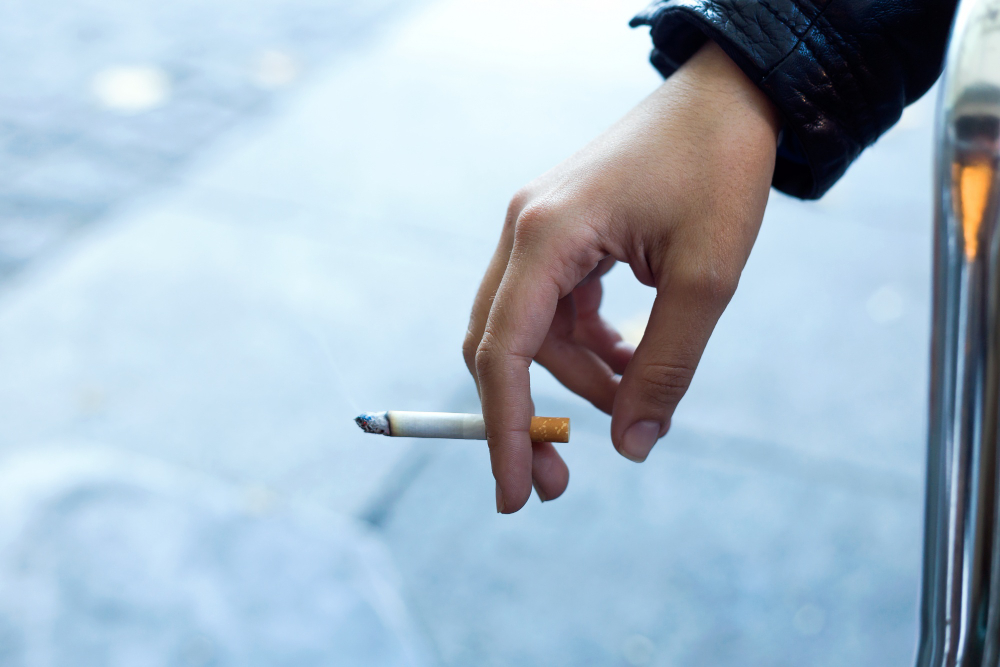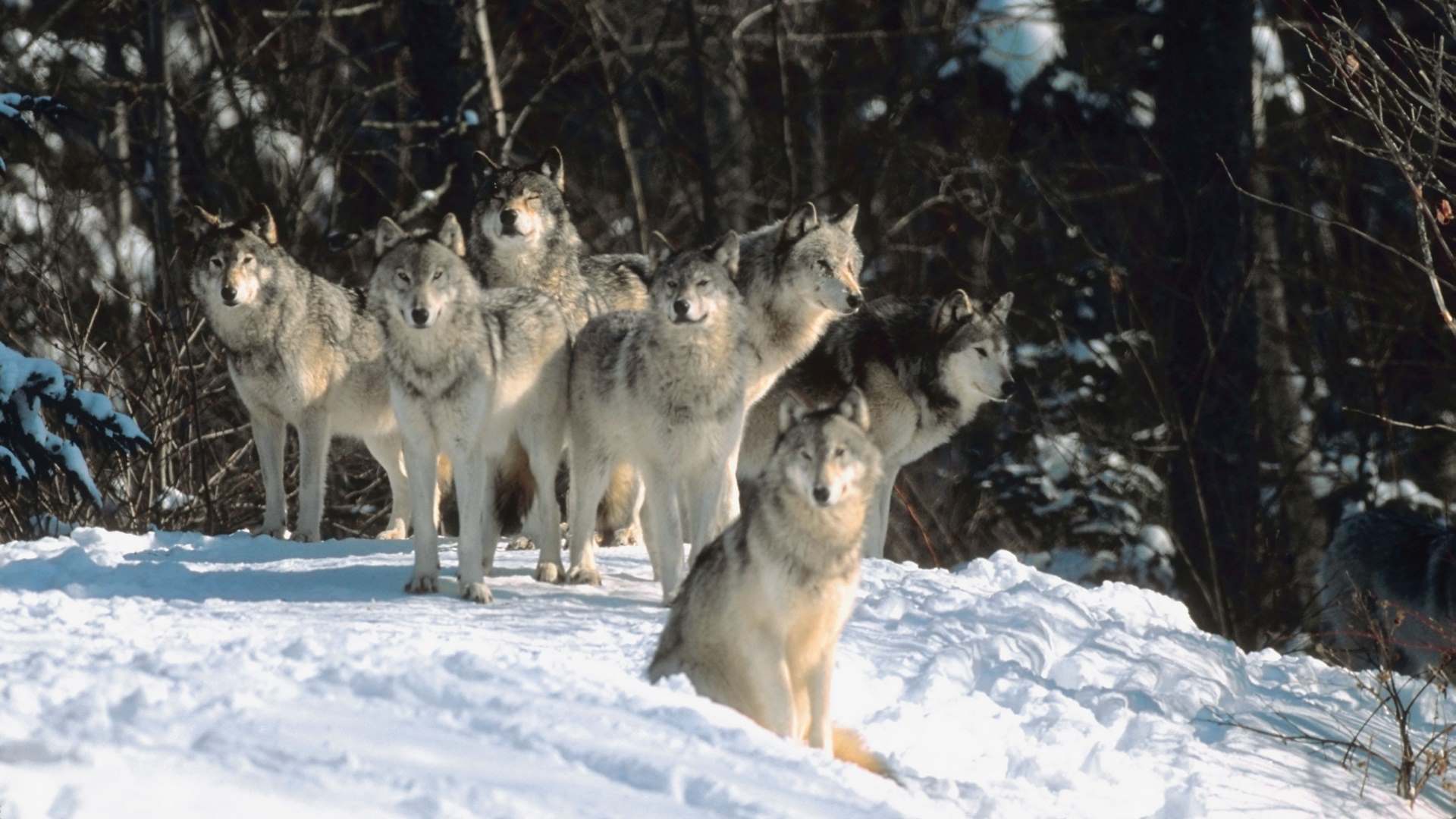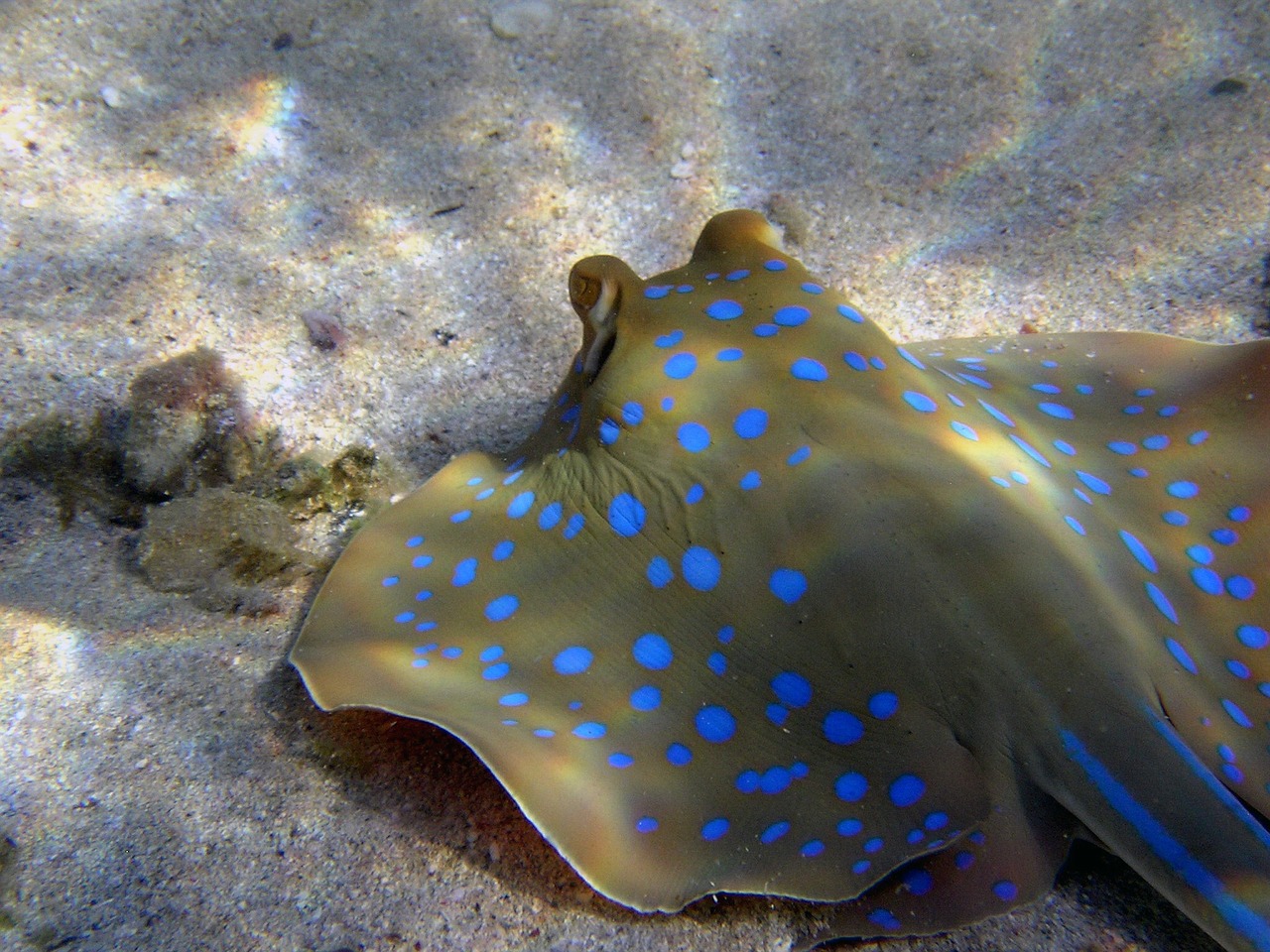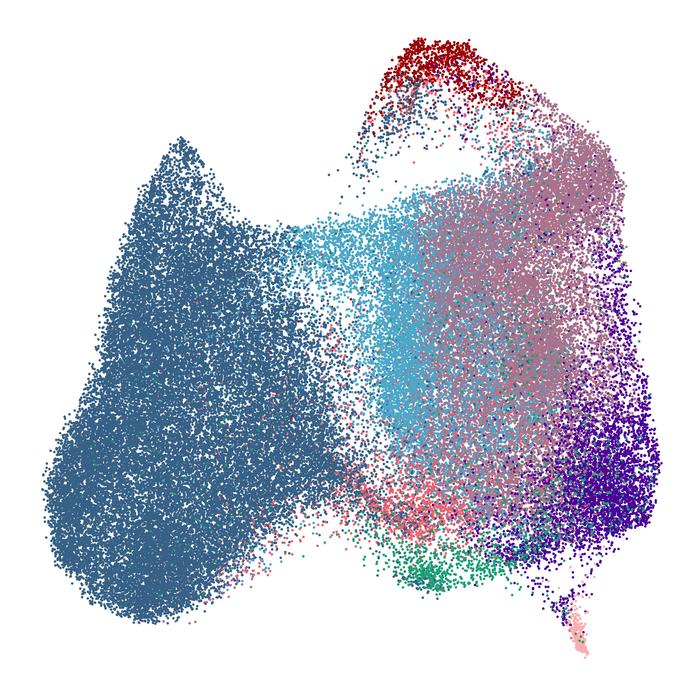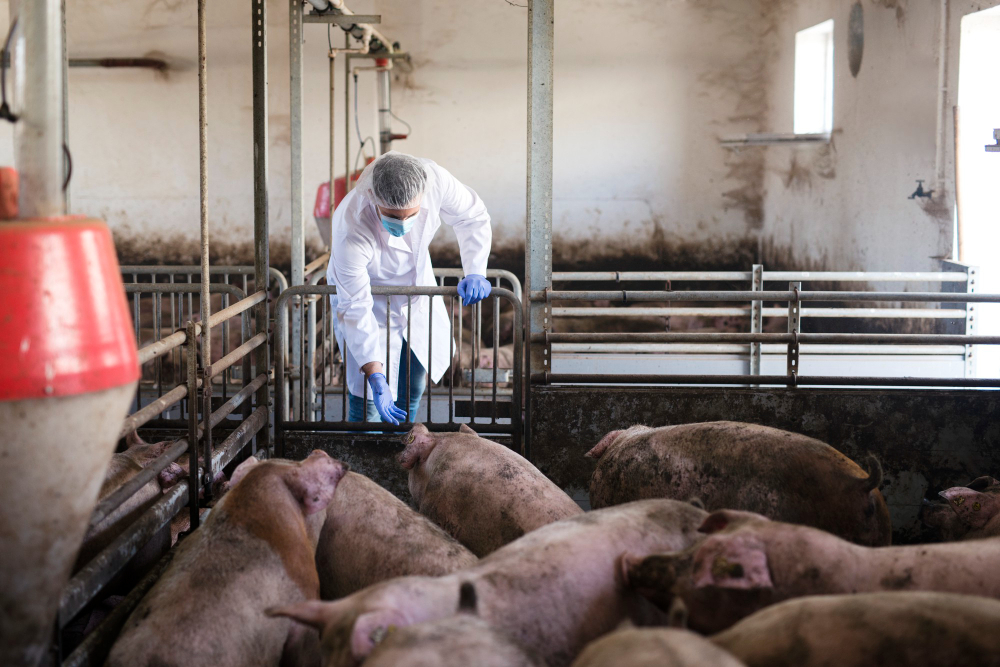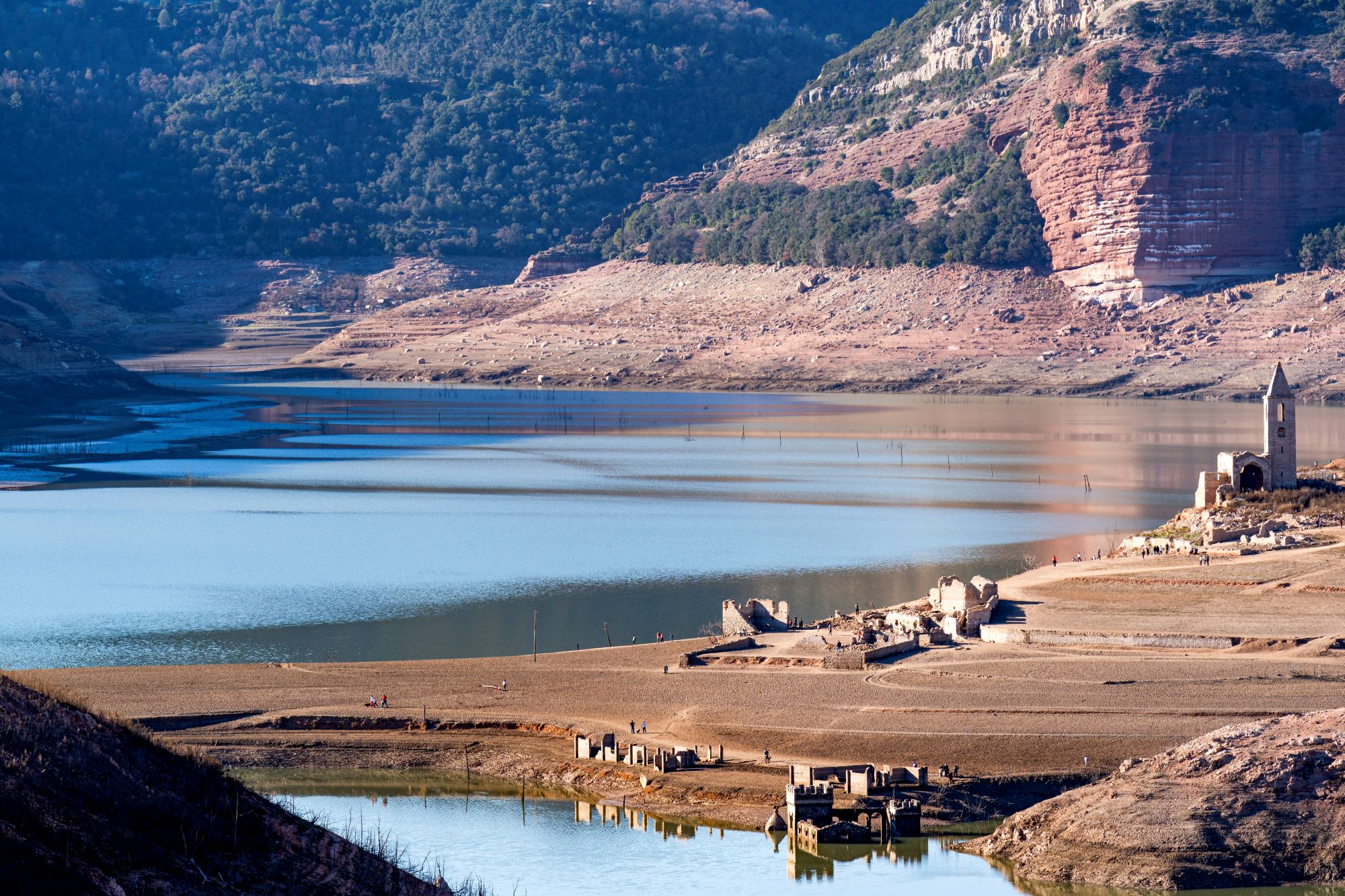Reactions: Ultrasounds increase sperm mobility by 266%
A team of researchers has demonstrated how a non-invasive ultrasound technique can increase the movement of human sperm in the laboratory by up to 266%. Using microfluidic droplets to evaluate individual sperm cells, which had not been done before, they found that ultrasound exposure induced movement in immobile sperm and improved swimming speeds in mobile ones. The work is published today in the journal Science Advances.
